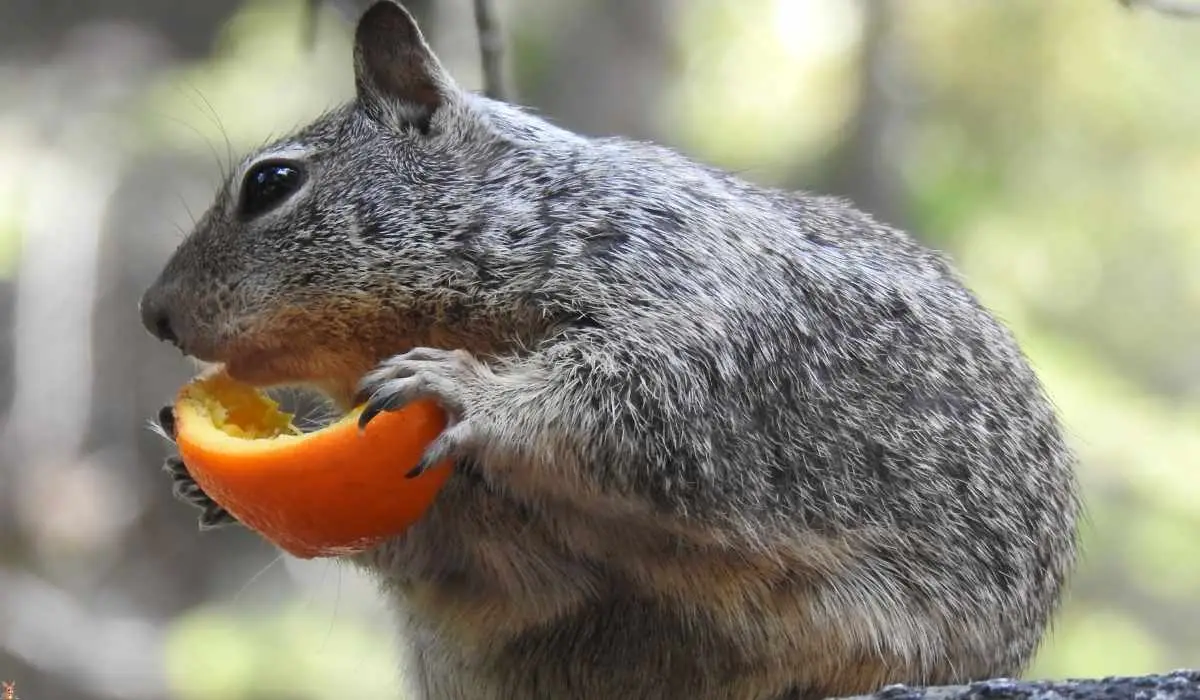Have you ever wondered if animals eat oranges? With the vibrant citrus fruit being a staple in many households across the USA, it’s fascinating to explore how wildlife interacts with this juicy treat. Oranges, packed with natural sugars and essential vitamins, appeal not just to humans but to various animals as well. Knowing which creatures enjoy oranges can deepen our understanding of nature and help us coexist with wildlife.
In this article, we’ll explore the animals that eat oranges, why they’re attracted to this fruit, and how it impacts their diets. Drawing on credible sources and ecological insights, we’ll uncover how oranges play a role in animal nutrition and behavior.
What Animals Are Attracted to Oranges?
1. Birds
Birds are among the most frequent visitors to orange trees. Species such as orioles, parrots, and finches have a natural affinity for citrus fruits. The high sugar content provides energy, especially during migration or breeding seasons.
- Example: Orioles are known for their love of orange slices. Many bird enthusiasts in the USA place halved oranges in their backyards to attract these brightly colored birds.
2. Squirrels
These agile creatures are opportunistic eaters, often scavenging for fruits, nuts, and seeds. Squirrels nibble on oranges when they are available, especially if they find them in backyards or parks. The peel can be tough for them, but they eagerly consume the juicy pulp.
- Fun Fact: Squirrels often discard the rind, leaving behind evidence of their citrus feast!
3. Rodents
Rodents such as rats and mice are not picky eaters. They are drawn to oranges’ sweet aroma and taste, often raiding gardens or fruit storage areas to get their share.
- Practical Insight: If you’re storing oranges outdoors, ensure they are secured to avoid attracting these uninvited guests.
4. Deer
In rural areas, deer occasionally feast on fallen oranges. While not a primary part of their diet, oranges provide a quick source of hydration and nutrients.
- Observation Tip: If you live near wooded areas, fallen fruit might attract deer to your property.
5. Insects
Insects, particularly ants and bees, are drawn to the sweet juices of overripe or damaged oranges. While they don’t eat the fruit in the traditional sense, they play a role in consuming and breaking down the sugars.
6. Monkeys (In Captivity or Wild)
Primates, including monkeys, love citrus fruits. In zoos across the USA, oranges are often part of a monkey’s diet as they provide essential vitamins and hydration.
Why Do Animals Eat Oranges?
- Nutritional Benefits: Oranges are rich in vitamin C, natural sugars, and water, making them a nutritious snack.
- Energy Boost: The sugars in oranges provide animals with quick energy, which is especially valuable during high-activity periods like migration or reproduction.
- Hydration: The high water content in oranges helps animals stay hydrated, particularly in dry climates or seasons.
Misconceptions About Animals and Oranges
“Do all animals love oranges?”
Not all animals are attracted to citrus fruits. Many carnivores, such as cats and dogs, have little to no interest in oranges due to their dietary preferences. In some cases, citrus can even be toxic to pets.
“Are oranges harmful to wildlife?”
In moderation, oranges are generally safe for wildlife. However, overconsumption can disrupt natural feeding patterns or lead to dependency on human-provided food sources.
FAQs
1. Can I feed oranges to wild animals?
Yes, but with caution. Feeding wildlife can disrupt their natural behavior, so it’s best to leave oranges in a natural setting rather than directly feeding them.
2. Are orange peels safe for animals?
While some animals can eat orange peels, many find them tough and unappealing. Composting peels is a better option.
3. What time of year do animals eat oranges?
Animals typically consume oranges during late fall and winter when other food sources are scarce, or during the fruit’s ripening season.
From birds to deer, many animals enjoy oranges for their sweetness and nutritional benefits. While it’s fascinating to share this fruit with wildlife, it’s crucial to respect their natural feeding habits. Observing animals interact with oranges can be a delightful experience, but always prioritize responsible practices to maintain ecological balance.
Ready to learn more about wildlife and nature? Subscribe to our newsletter for more engaging insights and tips on coexisting with the creatures around us.






